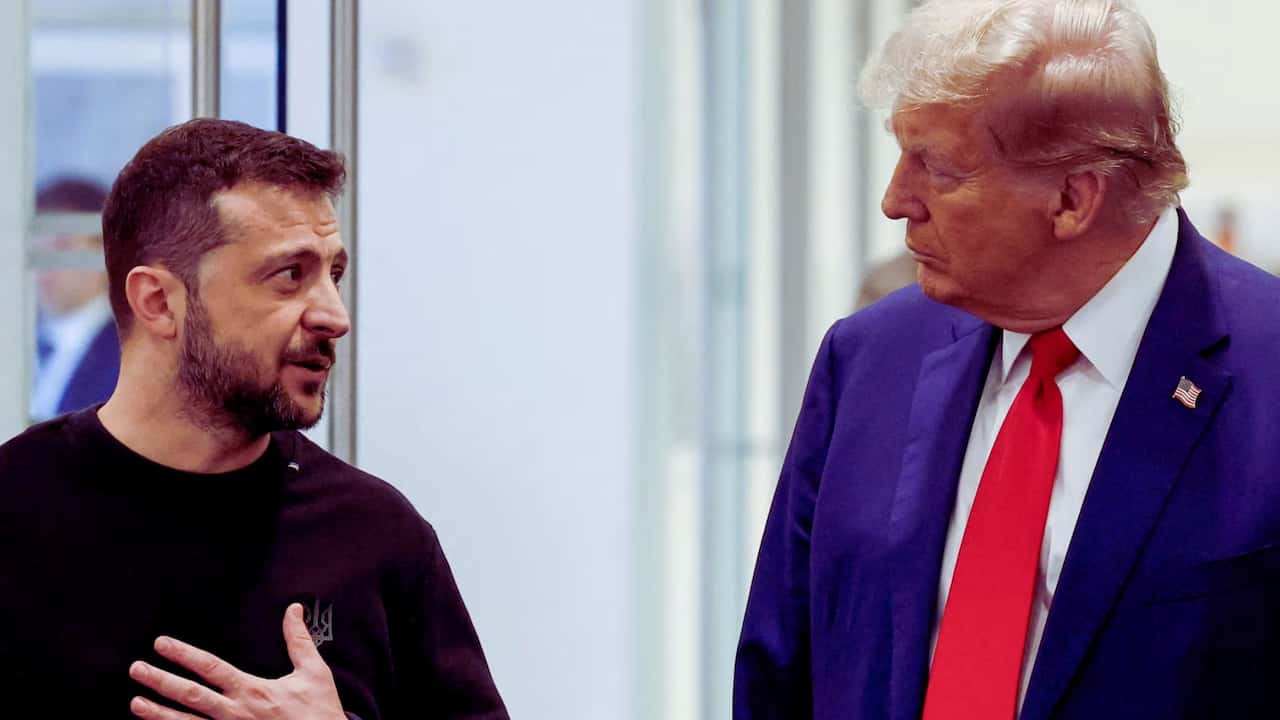Global Powers Navigate Delicate Path to Ukraine Peace as Trump’s Return Looms
In a dramatic shift in the nearly three-year-old Ukraine conflict, President Volodymyr Zelenskyy has signaled a renewed push for diplomatic solutions, stating that Ukraine “must do everything” to end the war through negotiations in 2024.
This development comes amid significant changes in the global political landscape, particularly with Donald Trump’s recent victory in the US presidential election.
Speaking in a radio interview on Saturday, Zelenskyy painted a sobering picture of the current situation. He acknowledged Russian advances in eastern Ukraine while expressing determination to find a diplomatic resolution.
“From our side, we must do everything so that this war ends next year, through diplomatic means,” the Ukrainian leader emphasized, though he noted the challenges ahead.
The diplomatic landscape has grown more complex with German Chancellor Olaf Scholz’s recent direct communication with Vladimir Putin—their first conversation in nearly two years. This move, while controversial, represents a significant shift in Western diplomatic engagement with Moscow. Zelenskyy expressed his disapproval of this development, cautioning that it could potentially weaken Putin’s international isolation.
However, Scholz defended his approach, revealing surprising insights about Trump’s stance on Ukraine. After speaking with the US president-elect over the phone, Scholz informed the Süddeutsche Zeitung that Trump’s stance on the conflict is more nuanced than often assumed. This revelation has sparked cautious optimism among European allies concerned about future US support for Ukraine.
Meanwhile, on the ground, the conflict continues to evolve. Russian air defense units have reported intercepting multiple Ukrainian drones across several regions, particularly in Kursk, where Ukrainian forces launched a significant incursion in August. The ongoing drone warfare highlights the conflict’s technological evolution and its impact on civilian areas.
The economic dimension of the conflict is becoming increasingly apparent. Russia’s leading tanker group, Sovcomflot, reported a substantial decline in revenue, with a 22.2% drop in nine-month earnings to $1.22 billion. This financial impact demonstrates the effectiveness of Western sanctions on Russia’s maritime capabilities.
In a significant energy sector development, Russia announced the suspension of gas deliveries to Austria via Ukraine, marking another strategic shift in Europe’s energy landscape. This move, while expected, underscores the continuing use of energy resources as strategic tools in the conflict.
Zelenskyy maintains a clear diplomatic position regarding future negotiations with the incoming US administration. He emphasized that any discussions must be direct: “I, as the president of Ukraine, will only take seriously a conversation with the president of the United States of America, with all due respect to any entourage.”
The situation remains fluid, with multiple stakeholders maneuvering for position. While Putin appears open to discussions, Zelenskyy suggests these overtures may be more about breaking Russian isolation than achieving genuine peace. The Ukrainian president warns that Putin “would like to negotiate on capitulatory terms,” a position Ukraine firmly rejects.
As 2024 approaches, the international community watches closely. The combination of Trump’s impending return to the White House, European diplomatic initiatives, and Ukraine’s push for a diplomatic resolution suggests a potentially pivotal year ahead in this long-running conflict.
